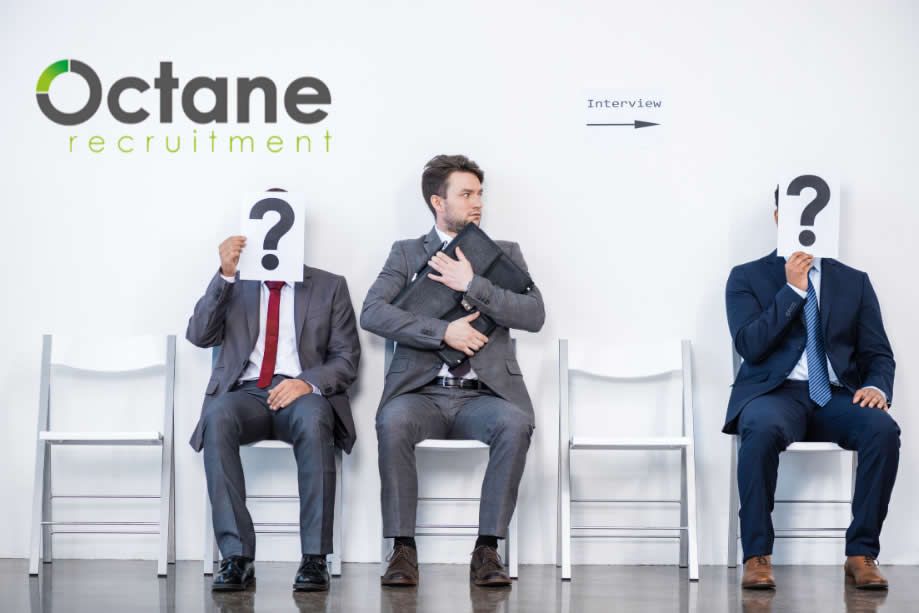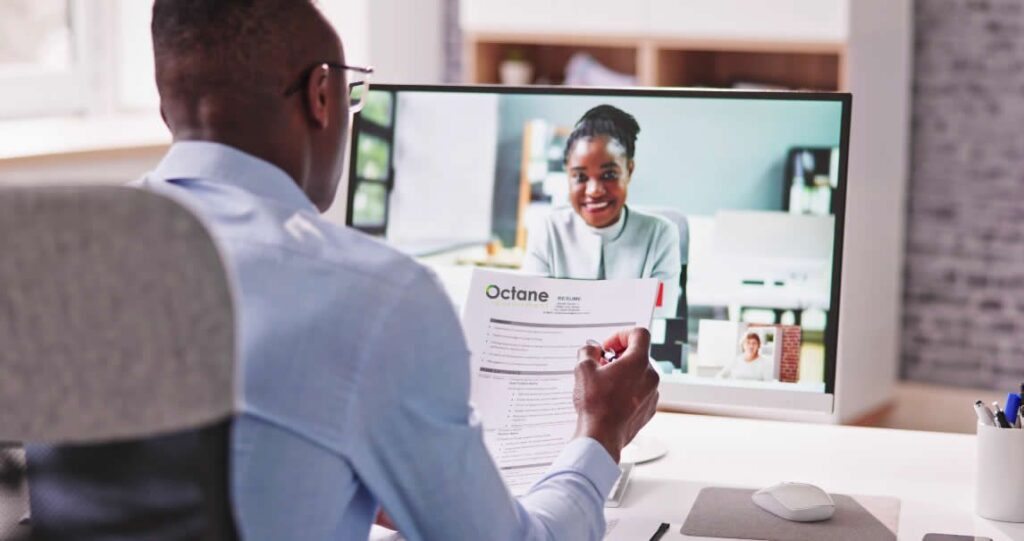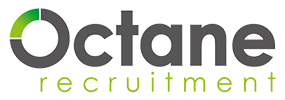Interview Tips
Our Specialists have some interview tips to help you present to a future employer the best way you possibly can.
One of the biggest pieces of advice we can give you is enjoy your interview. This sounds obvious but if you enjoy the interview by preparing properly, giving yourself enough time, having no stress relating to the interview then you will show the best side of yourself. All of this gives you the best opportunity of getting a new role and being offered the best offer for the role.
- 1. Prepare well and leave no stone unturned.
- 2. Arrive in plenty of time – if you are running late, or really early, then speak to your recruiter or the hiring manager ASAP.
- 3. Interview interaction. Make sure you get involved and don’t just sit there. Employers want to see enthusiasm.
- 4. Speaking to your recruiter after the interview
- 5. Staying in contact throughout the process.
- 6. Always leave a positive impression
Preparation
Employers will want to know what you are about, what you can do, will you fit with the team and will you be an asset to the team.
From your point of view, you want to know that you fit with the team, you enjoy the role, you will earn well and it will be enjoyable day to day.
You will run through what you have done in past so be prepared to explain but also have questions for the employer, you don’t want to walk away from the interview with unanswered questions so this comes down to your preparation.
- Always do your research into the company – how old is the company? What do they stand for? Check their website & social media pages
- Understand the full role – salary available (Don’t discuss this unless the hiring manager brings this up), working patterns and duties.
- Discuss the company in interview – find out what it’s like to work at the company as you will be there every day. Ask open questions.
- Anticipate questions – Understand what sort of questions the client might ask so for instance if you are a Technician then expect questions on your technical ability, for customer service roles you will be expected to give details on when you have gone out of your way for a customer and how you did this.
They will ask about strengths and weaknesses – prepare for this
- What can you do
- Problem solving
- Teamwork
- Flexibility

Before The Interview
Turn your phone off or leave it in the car, DO NOT put it on silent as this will be distracting. DO NOT sit on your social media whilst waiting for the interviewer to arrive. You should be concentration on the interview.
Prepare yourself – Make sure you do all the following steps before the interview and give yourself plenty of time to attend the interview. You want to be in the best frame of mind and give yourself every opportunity to succeed.
- Plan your outfit the night before
- Plan your journey making sure there are allowances for traffic or late transport issues.
- Get to the interview early – 10 / 15 minutes before is perfect. Give yourself time to get into ‘interview mode’
- Ask for advice from your recruiter as they know the client better than most.
Dress code
We would always advise you wear smart business attire though it is open depending on the role, employers and site so liaise with your recruiter on this. First impressions count no matter the role.
- Often if you are going straight from work then this isn’t a problem, just make sure your recruiter / interviewer know about this before hand.
At The Interview
It’s natural to be nervous but don’t worry they are just as keen to find the right person for the job as you are keen to secure the role. Make sure you have arrived on time and prepared. This means you will have less nerves and give a better account of yourself. Being nervous isn’t a bad thing, it shows the you want the opportunity.
ASK ABOUT
- The Company
- Prospects
- The Team
- Systems
- Facilities
- What’s Expected
- Everything you need to know about the job you will be doing every day
DO NOT
- Ask about money - Very important but you should know this beforehand as you will have applied to the role through a recruiter, or it will be on the advert. You have applied for a role paying what you are looking for. No point in negotiating before being offered a job as it wouldn’t matter unless you got the job!
- Ask about sick pay – again this is a red flag. Obviously important information but at this stage not relevant. This will be detailed in an offer pack.
- Stretch the truth when answering questions. Employers can spot this a mile away and you may well come unstuck with further questioning.
Phone / Video interviews
Video interviews are now a big part of recruiting, often savings time for all parties and a work around if we are struggling to compromise on an interview date. Phone / Video interviews should be prepared for in the same way; do your research, give yourself time to get into interview mode and present yourself in the best way.
- Beforehand always make sure you have what you need; if it’s a teams interview then do you have the necessary software downloaded, do you have the right link.
- Make sure you are dressed accordingly
- Make sure you give yourself time to get into ‘interview mode’. You will be in a much more familiar arena, most likely your house so get to your computer early. Make sure the background is ok and you can clearly see you on a computer.
- If you have never done a video interview before then test with a friend beforehand so you know the lighting is ok.
- Same with phone interviews; make sure you are away from loud noises, distractions such as family or pets. Make sure you are in an environment where you can present yourself in the best way.

What to take
Any documents you have to support your application are welcomed as proof to what you have detailed on your CV. For example Technicians take your documents & efficiencies, Sales people take evidence of past success. A lot of the time it is also important to take your right to work details such as passport, driving licence, copy of a recent bill and something with your NI number. All companies now need the right documents to employee people in the UK so taking this now will save time in the future.
- A copy of your CV – The client will have one but just in case and make sure it is the same one that the hiring manager has as any differences will be a concern.
- Details of the person you are seeing
- Driving licence
DO'S
- Eye contact
- Smile
- Relax and sit naturally
- Be polite to all staff when you arrive as they will speak to the hiring manager
- Answer questions clearly and concisely
- Ask the right questions to show your interest
- Be enthusiastic
- Wait for the client to finish talking before answering
- Take your time, think about your answers and don’t rush. Be honest.
DON'Ts
- Talk about personal problems
- Be negative to your previous employer – there is always a reason you are looking to leave but be prepared and put this across in a professional manner
- Swear
Competency Based Interviews
- Telephone – Initial employer call that eliminates candidates based on essential criteria. Successful applicants are usually invited to the one-to-one stage.
- One-to-one – Face-to-face encounter with one interviewer, after the organisation decides that you’ve got what it’s looking for. They’re usually formal. You could also be interviewed by different people at different times.
- Panel – Similar to one-to-one interviews, except two or more people – often from different parts of the organisation – will be assessing you at the same time.
- Group – Multiple candidates are interviewed together. They’re asked questions in turn, or discuss certain topics.
- Assessment centres – These involve tasks including presentations, written tests, group role-play and in-tray exercises. They’re used to assess a candidate’s performance in a range of situations, and last between one and three days. You’ll appear alongside several other candidates.
- Contact the recruiter – If you’re unsure who’ll be interviewing you, what form your interview will take or what tasks you’ll be given.

Second Interview
A second interview means that you’ve made it through the initial screening and the interviewer is now looking for evidence of.
- Your value to the organisation
- Your fit in the role, existing team and organisation
- What separates you from other candidates
- What you can do for them.
Generally you should
- Ask the company for any feedback beforehand, reviewing your performance from the first interview by noting and addressing any questions or situations that caused you difficulty.
- Find out as much as possible about the organisation’s challenges, priorities, markets and competitors, researching the company in even more detail than for the first interview.
- Find out what the agenda will be and whom you’ll interview with.
- Find ways to demonstrate enthusiasm for the organisation’s goals.
- Give answers that are consistent with what the recruiter has previously heard.
- Prepare examples of how your achievements can apply to the organisation.
- Talk with industry insiders and ensure that you’re up to date with recent developments by reviewing trade publications.
- Speak to your Octane Specialist about any specifics they know the client is really keen on and then utilise your specific skill sets that highlight your abilities to this skill or requirement.
Latest Vacancies
HGV Technician
- Location: Swindon
- Salary: £40,000 - £50,000
- Posted: 18/12/2025
- Reference: 29626
